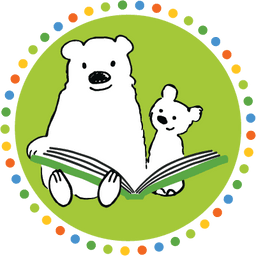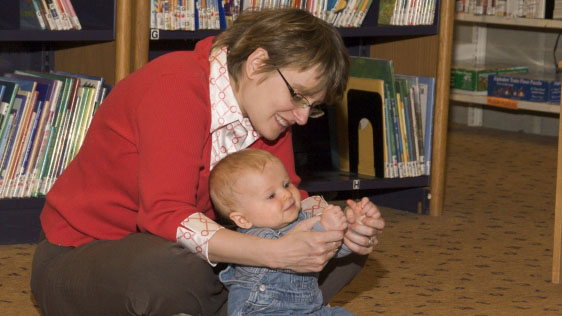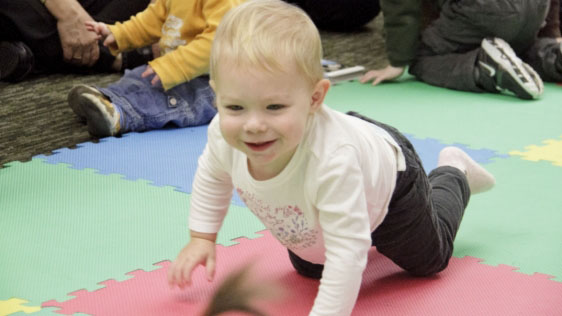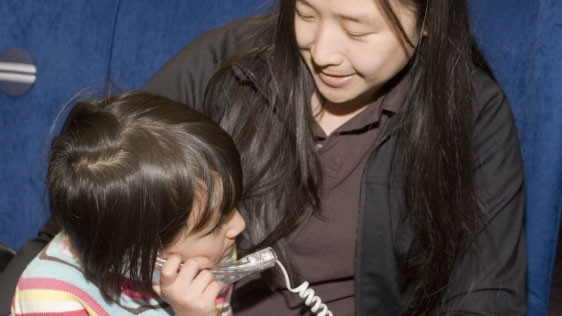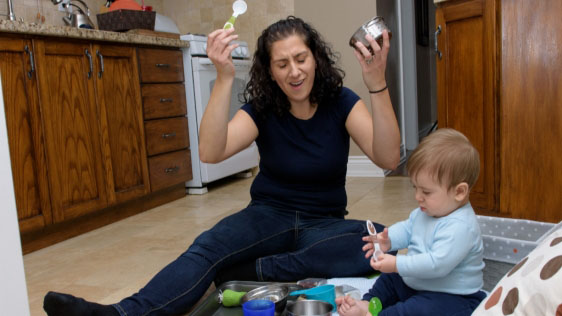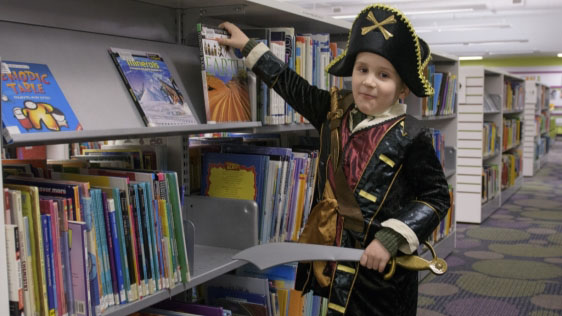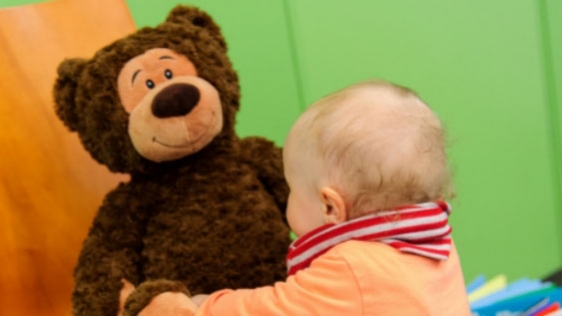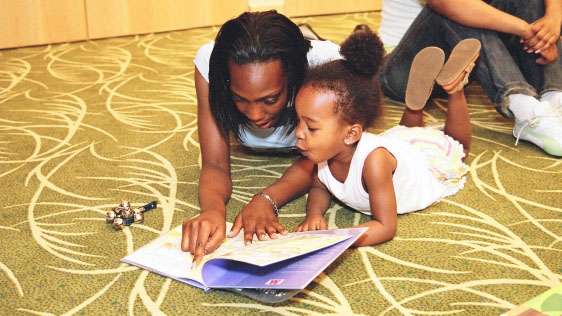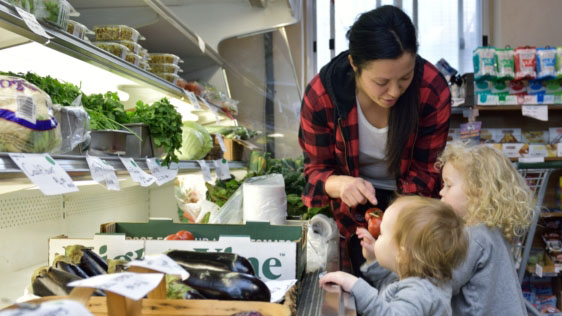
talking
Talking with your child helps build language and vocabulary skills.
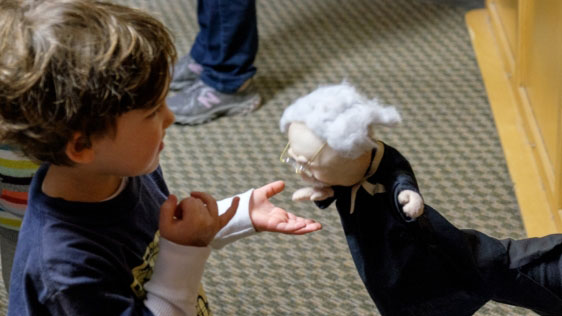
Game: Puppet Show
Related to: Telling a Story, Talk
Ask your child to tell you a story using puppets...
Game: What Goes Together
Related to: Knowing Letters, Talk
Engage your child in sorting and folding...
 talking Tips
talking Tips
- Start talking to your baby in your home language on the day they are born. By babbling, babies learn to make sounds with their own voices. Encourage your baby to become more vocal by responding to his coos, gurgles and grunts to promote language development.
- Babies love to hear your voice. Copy your baby’s sounds and listen to the sounds she makes back. Take the time throughout the day to talk with your child about all kinds of things. Describe daily activities. Talk about what has happened, what is happening and what will happen during the day.
- Encourage your child to tell you about his day, or something that happened like a birthday party or special trip. Ask questions like “What happened first? What happened next? What did it look like? What did you like best?”.
Six skills that get your child ready for reading
Liking Books
Children who enjoy books will want to learn to read.
Hearing words
Hearing the smaller sounds in words helps children sound out written words.
Knowing words
Knowing many words helps children recognize written words and understand what they read.
Telling a story
Learning to tell a story helps children develop skills in thinking and understanding.
Seeing words
Familiarity with printed language helps children feel comfortable with books and reading.
Knowing letters
Knowing the names and sounds of letters helps children sound out words.
Dial-a-Story
Call 416-395-5400 anytime and listen to stories in 16 different languages.
Raising Confident Kids
A series of workshops for parents and caregivers.
Storytime at Home
Fun virtual storytimes filled with great books, rhymes and songs. Watch anytime on YouTube and sing along!
